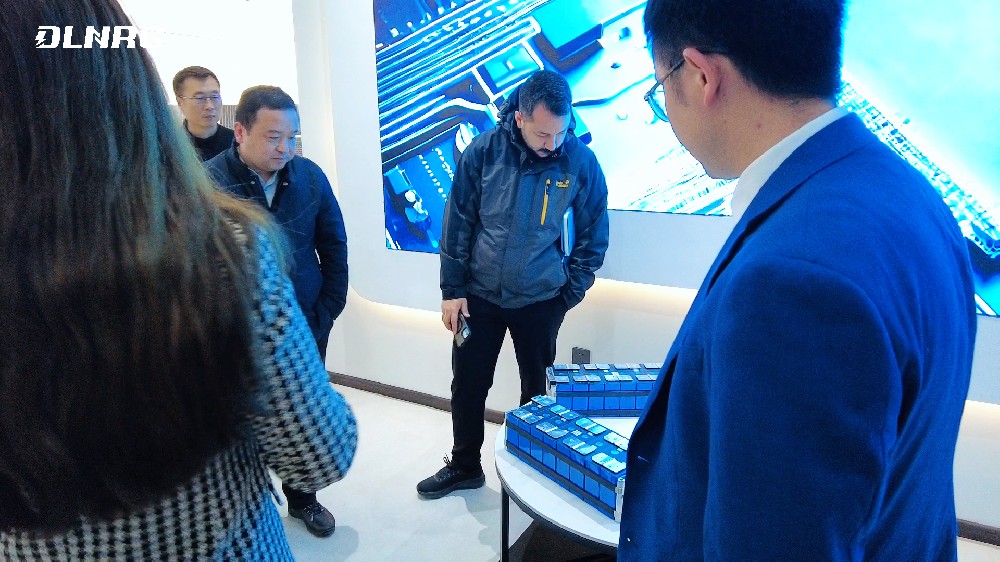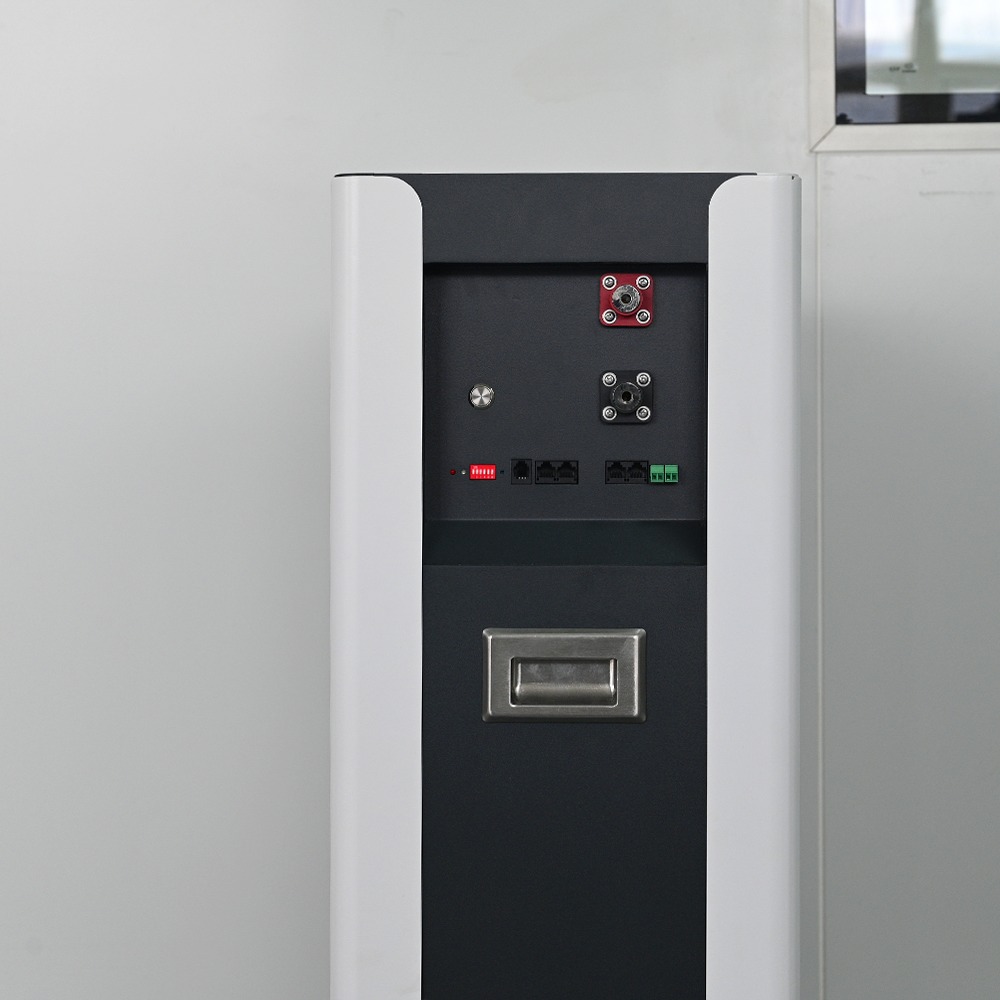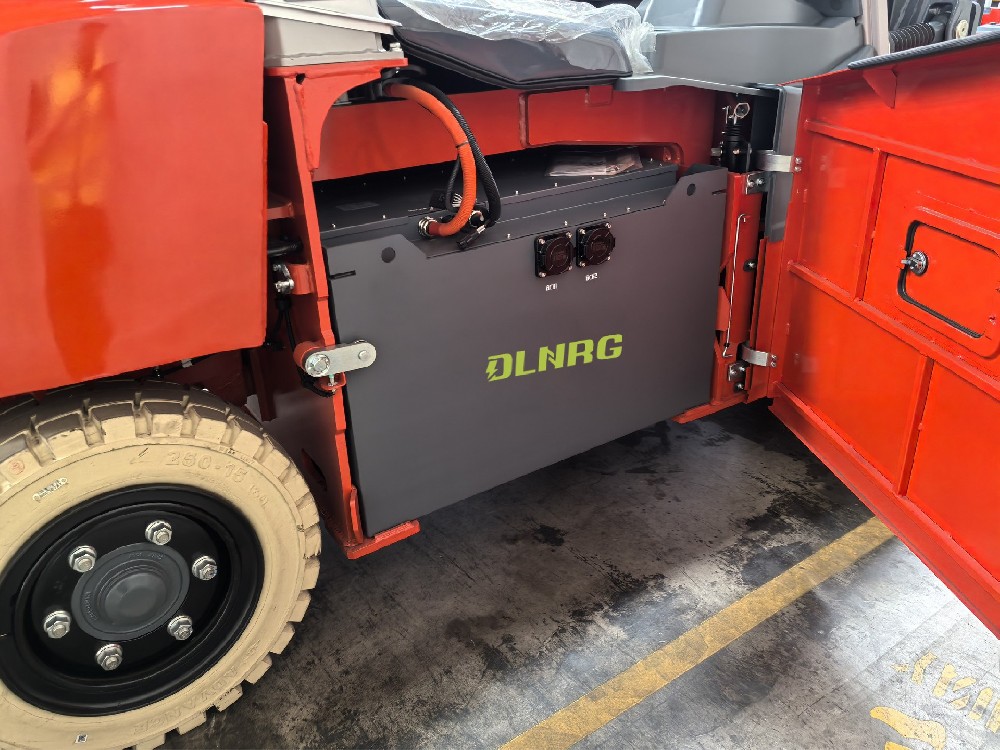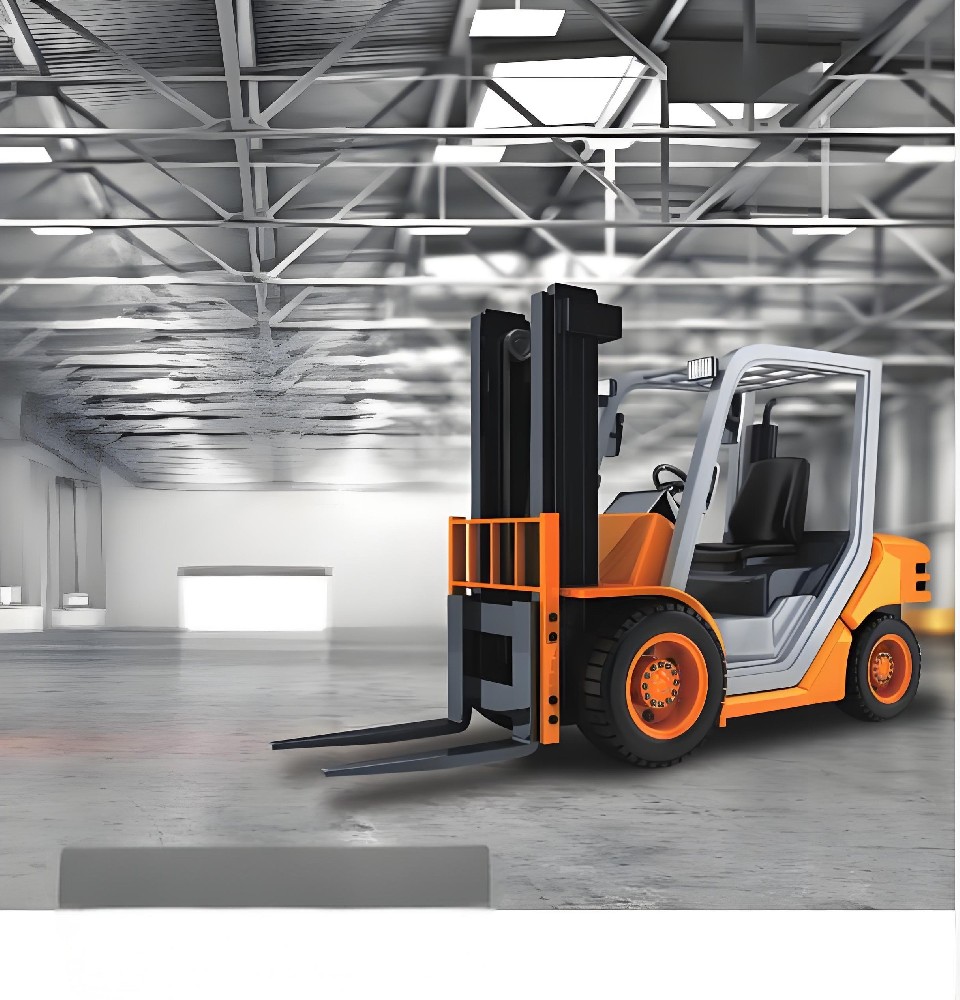The Rise of Lithium Batteries in the Material Handling Equipment (MHE) Market
With the growing global demand for battery-powered equipment and the pursuit of clean energy, lithium batteries are increasingly used in the material handling equipment (MHE) market. This trend is not only reflected in traditional MHEs such as electric forklifts, lift trucks and pallet trucks, but also extends to airport ground support equipment, commercial cleaning equipment and other fields.
Advantages of Lithium Batteries in MHE
Long life and low maintenance: Lithium batteries have a longer service life and lower maintenance requirements than traditional lead-acid batteries. This means that MHE can continue to operate efficiently and reduce downtime caused by battery replacement and maintenance.
Efficient charging: Lithium batteries support fast charging and can work in multiple charging modes, which helps optimize MHE operation planning and ensure that the equipment is always in the best condition.
High energy density: Lithium batteries have a higher energy density, allowing equipment to store more energy in a smaller volume, thereby improving the operating efficiency and endurance of the equipment.
Environmental protection and safety: Lithium batteries are a non-toxic, safe and clean power source, without the environmental pollution and health risks that lead-acid batteries may bring.
Current status and growth of the MHE lithium battery market
At present, electric forklifts dominate the forklift market, among which lithium battery technology is gradually emerging from lead-acid technology. Although the share of lithium technology in the MHE market is still growing, industry experts expect that the adoption rate of lithium batteries will continue to accelerate in the next few years, similar to the development trajectory of the passenger electric vehicle market.
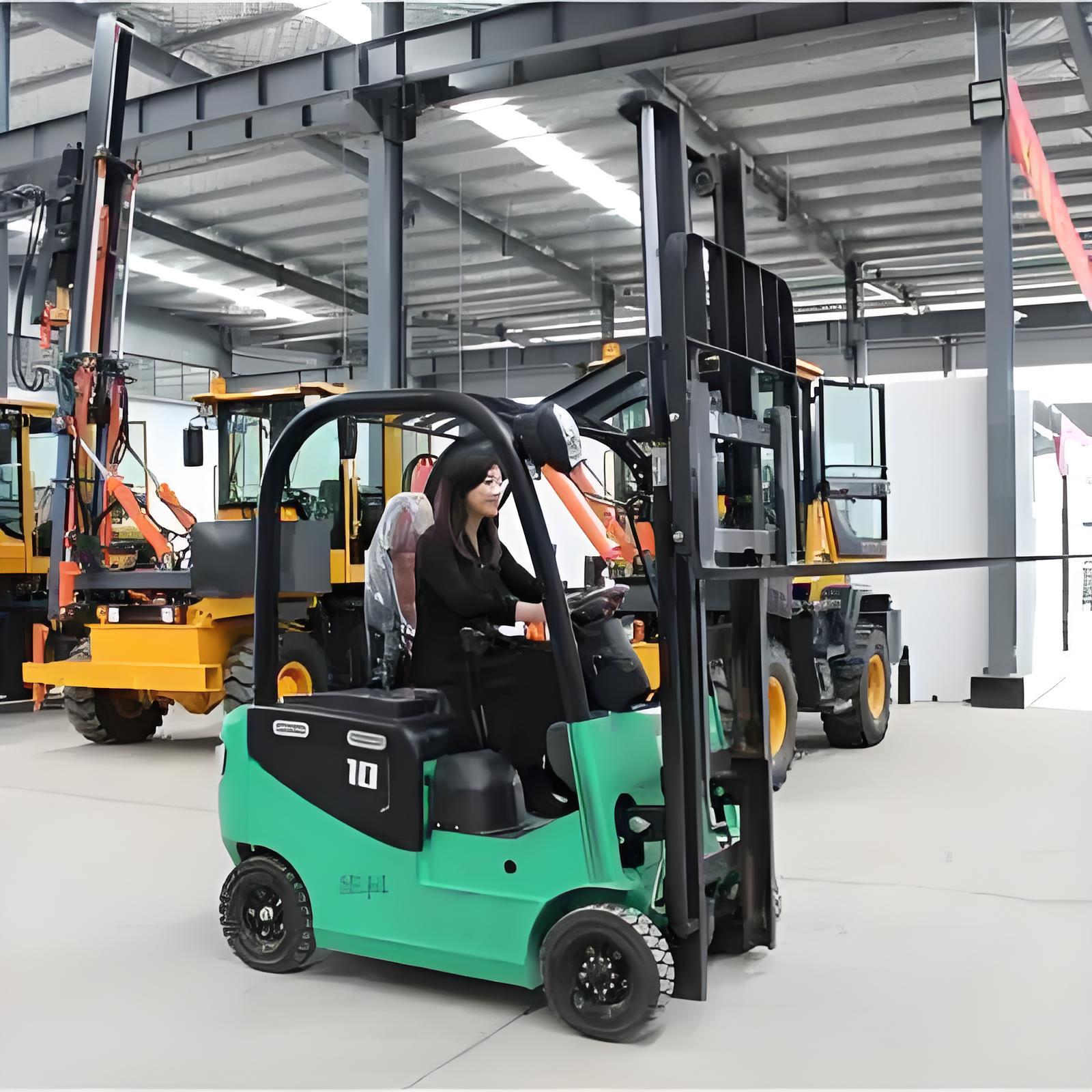
Major MHE lithium battery brands
In the US and Canadian markets, several well-known lithium battery brands are competing for the growing MHE lithium battery market share. These brands include DNLRG, Electrovaya, Flux Power, Green Cubes, Navitas (now sold under the Deka Ready Power brand), OneCharge, Stromcore and Triathlon Battery Solutions.
These brands offer a variety of lithium battery models to meet the needs of different MHEs. Their product features include long life, high efficiency, low maintenance cost, environmental protection and safety. In addition, these brands also help users monitor battery status in real time and optimize operation planning by providing data-based management systems.
Future Prospects of Lithium Batteries in MHE
Driven by economic and sustainability factors, lithium battery technology has broad application prospects in the MHE market. With the continuous advancement of technology and the gradual reduction of costs, lithium batteries are expected to become the mainstream power solution in the MHE market in the next few years.
At the same time, original equipment manufacturers (OEMs) in the industry are also actively launching lithium-powered MHE products to meet market demand. This will further promote the popularity and application of lithium batteries in the MHE market.
Conclusion
In summary, the application of lithium batteries in the material handling equipment market is showing a rapid growth trend. Its advantages such as long life, low maintenance, efficient charging and environmental protection and safety make lithium batteries an ideal power solution for the MHE market. With the continuous advancement of technology and the continuous expansion of the market, lithium batteries are expected to become the mainstream power choice in the MHE market in the next few years.
